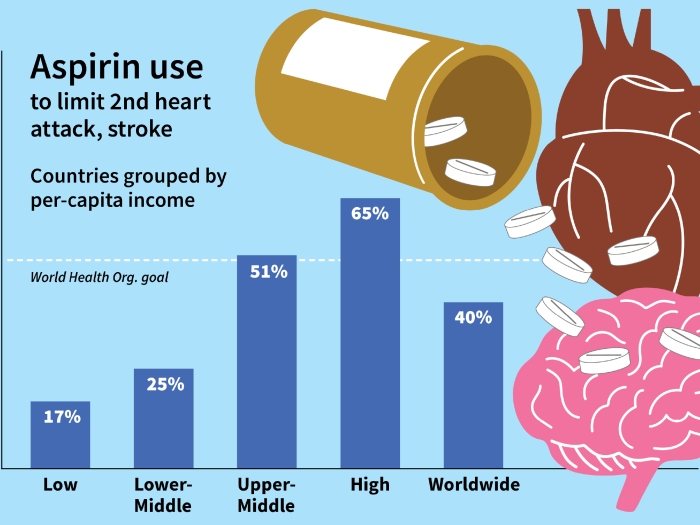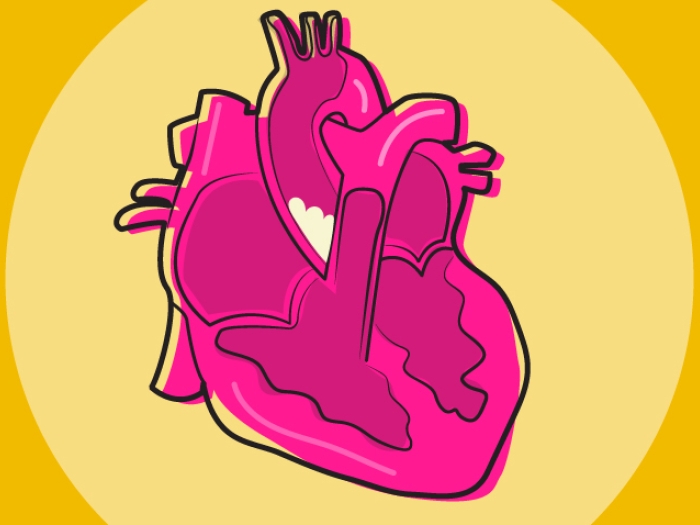Decongestants can pose a dangerous risk to people with hypertension. Try these other steps to safely treat a cold or allergies.
1:00 PM
Author |

Cold medicines are not off-limits if you have heart disease, but patients with high blood pressure, or hypertension, should check the label carefully when choosing a cold or allergy medicine.
LISTEN UP: Add the new Michigan Medicine News Break to your Alexa-enabled device, or subscribe to our daily audio updates on iTunes, Google Play and Stitcher.
That's because decongestants such as pseudoephedrine, ephedrine, phenylephrine, naphazoline and oxymetazoline can increase your blood pressure and heart rate. Make sure the cold or allergy medication you plan to take is free of those ingredients.
Decongestants can also prevent your blood pressure medication from working properly. And always check the active and inactive ingredient lists, because many medications are high in sodium, which also raises blood pressure.
For allergy sufferers with heart disease, medicines such as Allegra, Zyrtec or Claritin should be safe. However, medicines containing decongestants — including Allegra-D, Zyrtec-D and Claritin-D — could increase your blood pressure and heart rate or interfere with your heart medication.
Managing a cold with hypertension
If you can't take a decongestant because of high blood pressure, there are other ways to reduce your cold or allergy symptoms:
-
Take Coricidin HBP, which is free of decongestants
-
Drink plenty of fluids — including water, juice, tea and soup — to prevent dehydration and clear mucus from your lungs
-
Take a pain reliever such as Tylenol or Motrin for fever, sore throat, body aches and headache
-
Flush your sinuses with a saline spray to relieve nasal congestion
-
Soothe a sore or scratchy throat with lozenges
-
Use a vaporizer or humidifier if necessary to boost humidity
-
Get plenty of rest
-
Return to your doctor after five to seven days to make sure you're on the road to recovery
Before taking any new medication
Always check with your pharmacist before you take a new medication, whether it's for a cold, allergies or something else, to find out if it is compatible with certain medical conditions and your current drug therapy.
SEE ALSO: Millions More People Now Have High Blood Pressure. Why That's a Good Thing
If you have a heart condition, be sure to discuss all medication choices with your cardiologist before taking anything.

Explore a variety of healthcare news & stories by visiting the Health Lab home page for more articles.

Department of Communication at Michigan Medicine
Want top health & research news weekly? Sign up for Health Lab’s newsletters today!





